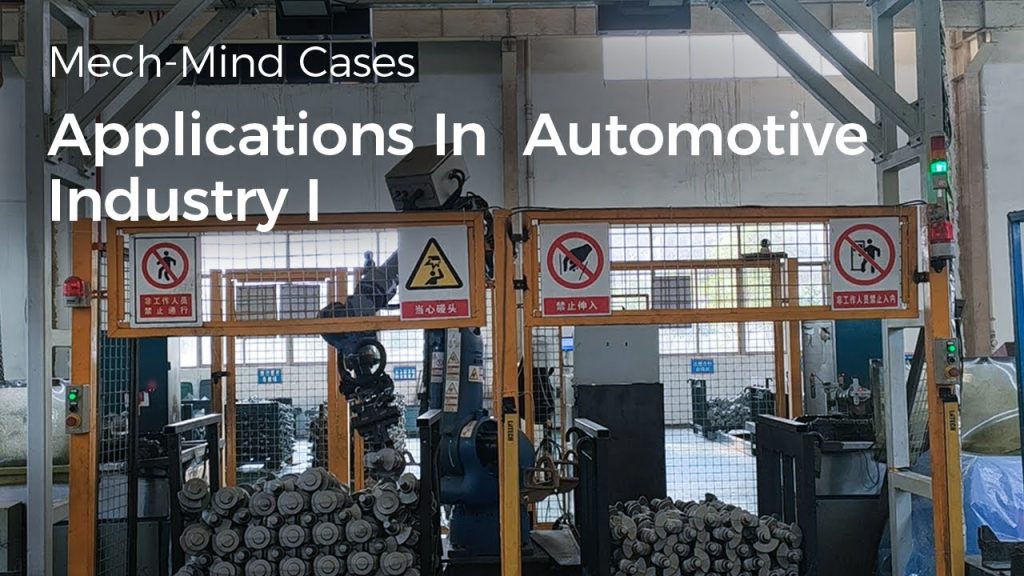In today’s rapidly evolving automotive industry, the role of industrial robots in car manufacturing and assembly has become increasingly significant. These robots, designed and manufactured by leading industrial robot manufacturers, play a crucial role in streamlining the production process and ensuring efficiency and precision.
Car factory robots have revolutionized the automotive manufacturing and assembly process by performing various tasks that were previously done manually. These tasks include welding, painting, assembly of components, and even quality control. By automating these processes, car manufacturers are able to increase productivity, reduce costs, and improve overall product quality.
Industrial robot manufacturers have developed advanced robotic systems that are specifically tailored to meet the unique requirements of the automotive industry. These robots are equipped with state-of-the-art technology, such as advanced sensors and artificial intelligence, allowing them to perform complex tasks with precision and accuracy.
One of the key advantages of using car factory robots is their ability to work tirelessly and consistently without fatigue or error. Unlike human workers, robots do not require breaks or rest periods, ensuring uninterrupted production. This leads to significant time and cost savings for car manufacturers.
Moreover, industrial robot manufacturers have also focused on developing collaborative robots, also known as cobots, which can work alongside human workers. These cobots are designed to assist humans in tasks that require dexterity and precision, further enhancing the efficiency of the manufacturing process.
With the advancements in robotics technology, car factory robots are becoming increasingly intelligent and adaptable. They are equipped with sophisticated programming and machine learning capabilities, allowing them to adapt to changes in the production line and even learn from their own experiences. This flexibility enables car manufacturers to quickly adapt to market demands and introduce new models without significant retooling or reprogramming.
In addition to their efficiency and adaptability, car factory robots also contribute to a safer working environment. By taking over hazardous tasks, such as welding or handling heavy components, robots reduce the risk of accidents and injuries to human workers. This not only enhances the well-being of workers but also reduces the financial burden of workplace accidents for car manufacturers.
In conclusion, industrial robot manufacturers have played a pivotal role in revolutionizing the automotive manufacturing and assembly process. Car factory robots have proven to be highly efficient, precise, and adaptable, contributing to increased productivity, improved product quality, and safer working conditions. As the automotive industry continues to evolve, the role of industrial robots will only become more prominent.
Check the coil packing solution with a leading manufacturer for the professional solution just here: [Insert link to relevant manufacturer’s website]. Industrial Robot
“Revolutionizing Automotive Production: Unveiling the Power of Car Factory Robots (Part I) and Discovering Industrial Robot Manufacturers”

